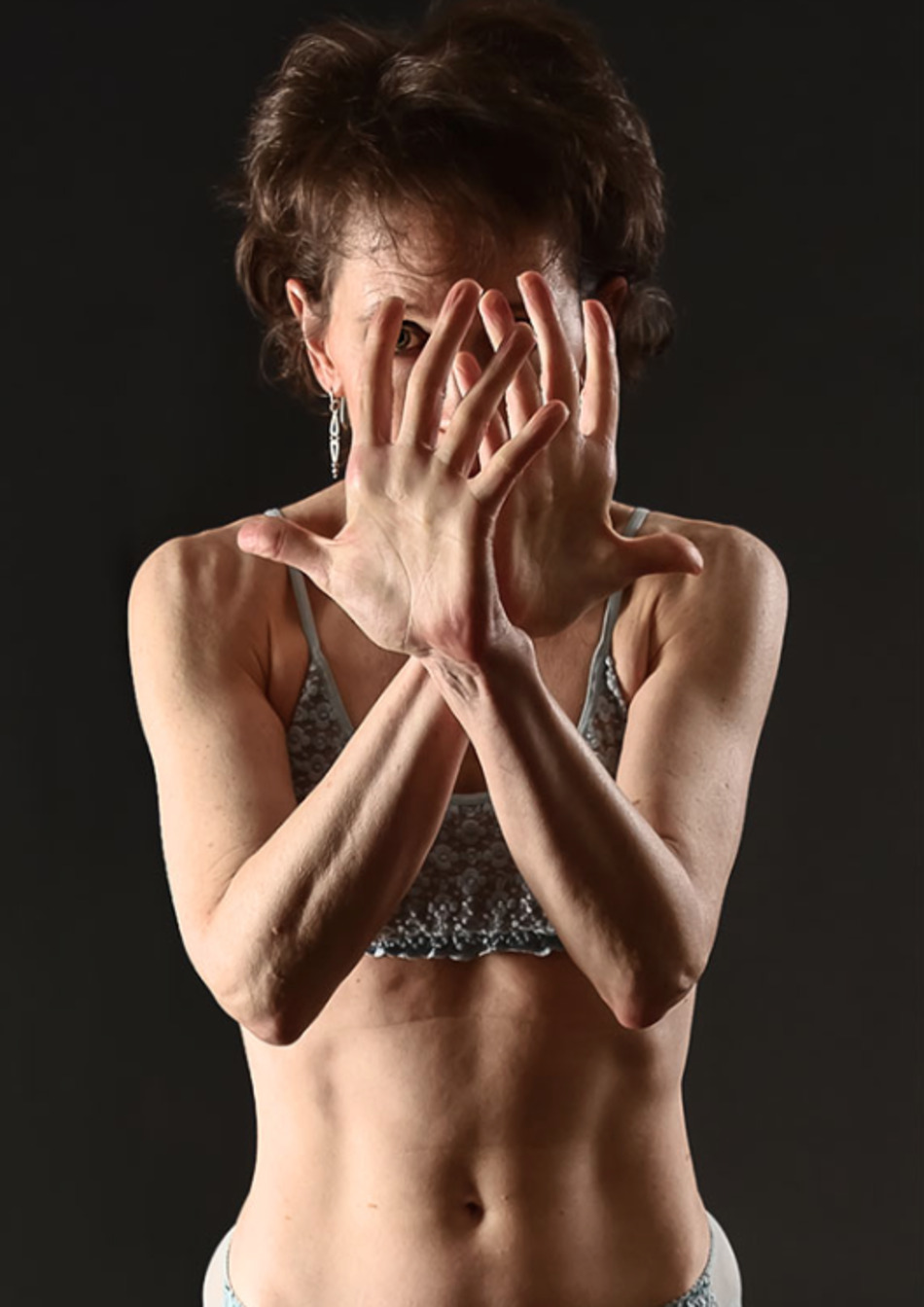Episode Transcript
Gretchen: A breast cancer diagnosis can feel like a body blow to anyone. Kimberly Myers, PhD, from the Penn State College of Medicine is here to tell us why one of her first responses to her own diagnosis was to meet with a professional photographer to document her body. That's coming up on The Scope.
Announcer: Medical news and research from the University of Utah physicians and specialists you can use for a happier and healthier life. You're listening to The Scope.
Gretchen: Hi, I'm Gretchen Case from the Division of Medical Ethics and Humanities at the University of Utah School of Medicine, and I'm here with Kimberly Myers. So my first question for you is why did you want to meet with a photographer? Why was that one of your first thoughts?
Dr. Myers: I think when one gets diagnosed with breast cancer one's mind goes just goes blank in many ways. But one of the things I did know was having had no photographs of my breasts, I wanted to know what I would look like after surgery. I knew that I had a very short window of time in which to get photographs, if I were going to do that. A friend of mine suggested Wendy Palmer, a professional photographer.
Gretchen: So you wanted to be able to remember with photographs what your body had looked liked before you moved on.
Dr. Myers: Yes, because I was convinced that I wanted bilateral mastectomy.
Gretchen: So when you met with Wendy, what was that experience like?
Dr. Myers: It was a bizarre experience. Wendy and I had never met in person and I was going to her studio for the photo shoot. She had said, "Bring scarves and jewelry and bring music. I'd like for you to dance. We won't pose this." And so it was three hours of, first of all, meeting someone completely new and then going through various stages of undress to the point of being completely nude and having oneself photographed. It's something I would never have expected that I would do and she got some amazing photographs.
Gretchen: And then you had an idea about where this might go further. Can you talk about that?
Dr. Myers: Right. So I had a partial mastectomy and then went to chemotherapy. I had decided that one of the things I wanted to do with Wendy's photographs is to go through them and select one to have made into a portrait. Wendy and I, again, after I was into and almost through with chemotherapy, we got together and we looked through the 440 photographs that she had taken that afternoon, and I was struck with the range of emotions that she had captured. She's a phenomenal artist and I thought, I mentioned to her that so many of these feelings and moods were things that perhaps other people could relate to in their breast cancer experience.
We began a conversation about what we might want to do and that's when we decided that she would at least come and photograph subsequent stages of the process so that we would have the primary material if we wanted to do anything with it.
Gretchen: So what you ended up with is a series of photographs that goes from just days after your diagnosis all the way through your surgeries, your treatments, and your reconstruction.
Dr. Myers: Right.
Gretchen: Can you tell us how you went from taking these pictures for yourself to creating an exhibit that has gone around the country and is likely to go around the world?
Dr. Myers: It's strange when you put something out in the universe what happens sometimes. I think many, many people who go through breast cancer have this commitment to do absolutely whatever they can to help other women. Education has always been my passion and so my great desire going through this experience was to do whatever I could to help educate and encourage women about this.
We selected photographs that captured different moods and different dimensions, different parts of the process of reconstruction. It's a 30 piece exhibit and it's paired with verbal reflections that are very, very brief, like verbal snapshots that complement the visual images and those were added when I was looking back at the images. So it was well after the fact, months after the fact, when I was looking at the images and remembering what I would have been feeling like in those particular shots.
Gretchen: And what do you hope for someone to see or to take away from this exhibit? What do you want people to take away?
Dr. Myers: The main thing I want people to take away is a feeling that a diagnosis of breast cancer is not a death sentence necessarily, and it's certainly not something that will make a person into a monstrosity. I think many women are very concerned about losing a vital part of their femininity and aren't really aware that the cosmetic result can be really wonderful. That said, I also would never want to imply that my experience or the results I was fortunate enough to have would be the same experience and results that other women would go through. I think it's very individual.
Announcer: Interesting, informative, and all in the name of better health. This is The Scope Health Sciences Radio.
